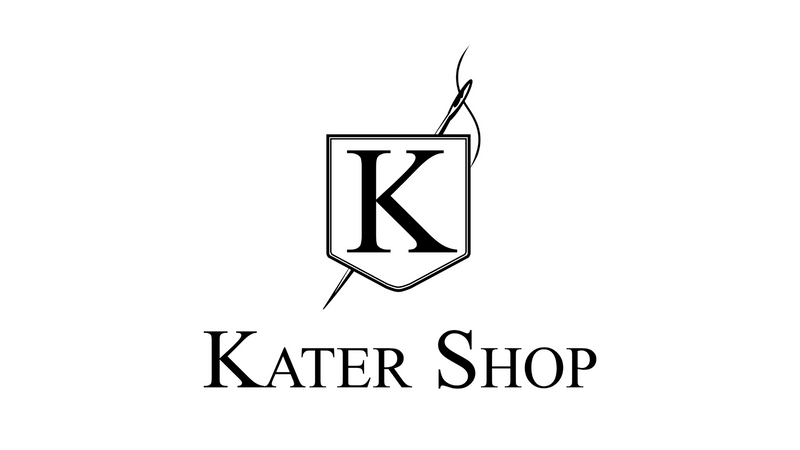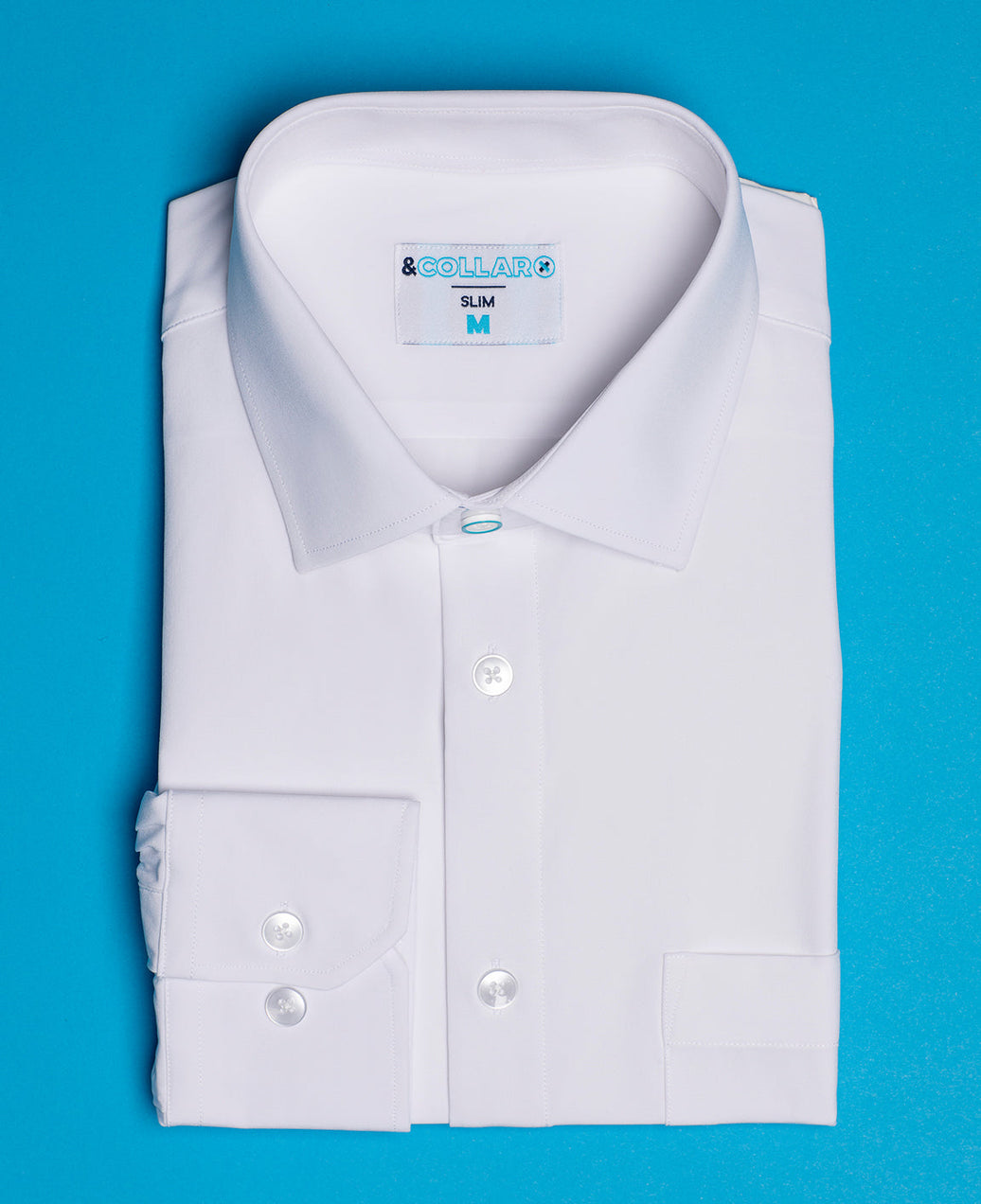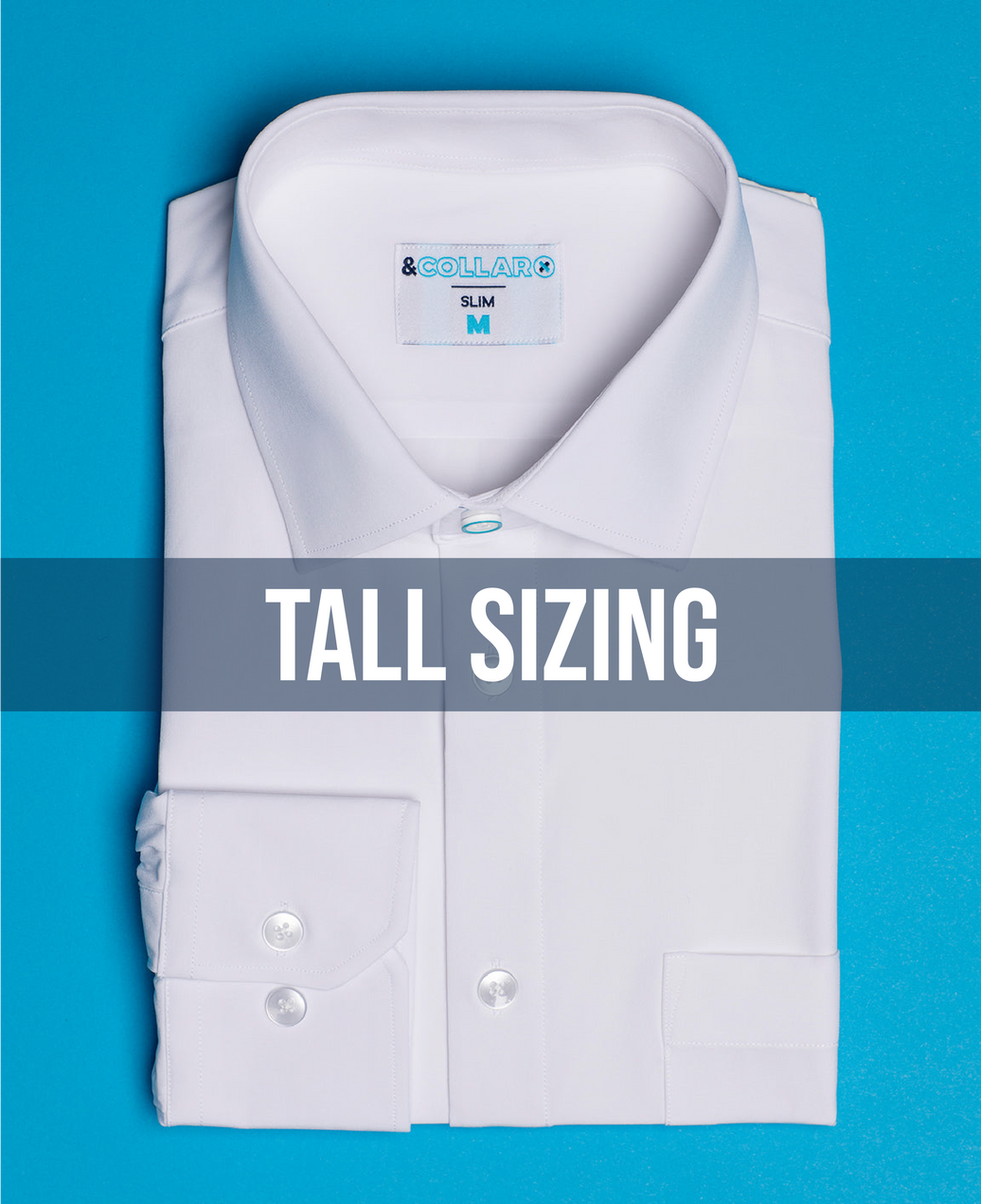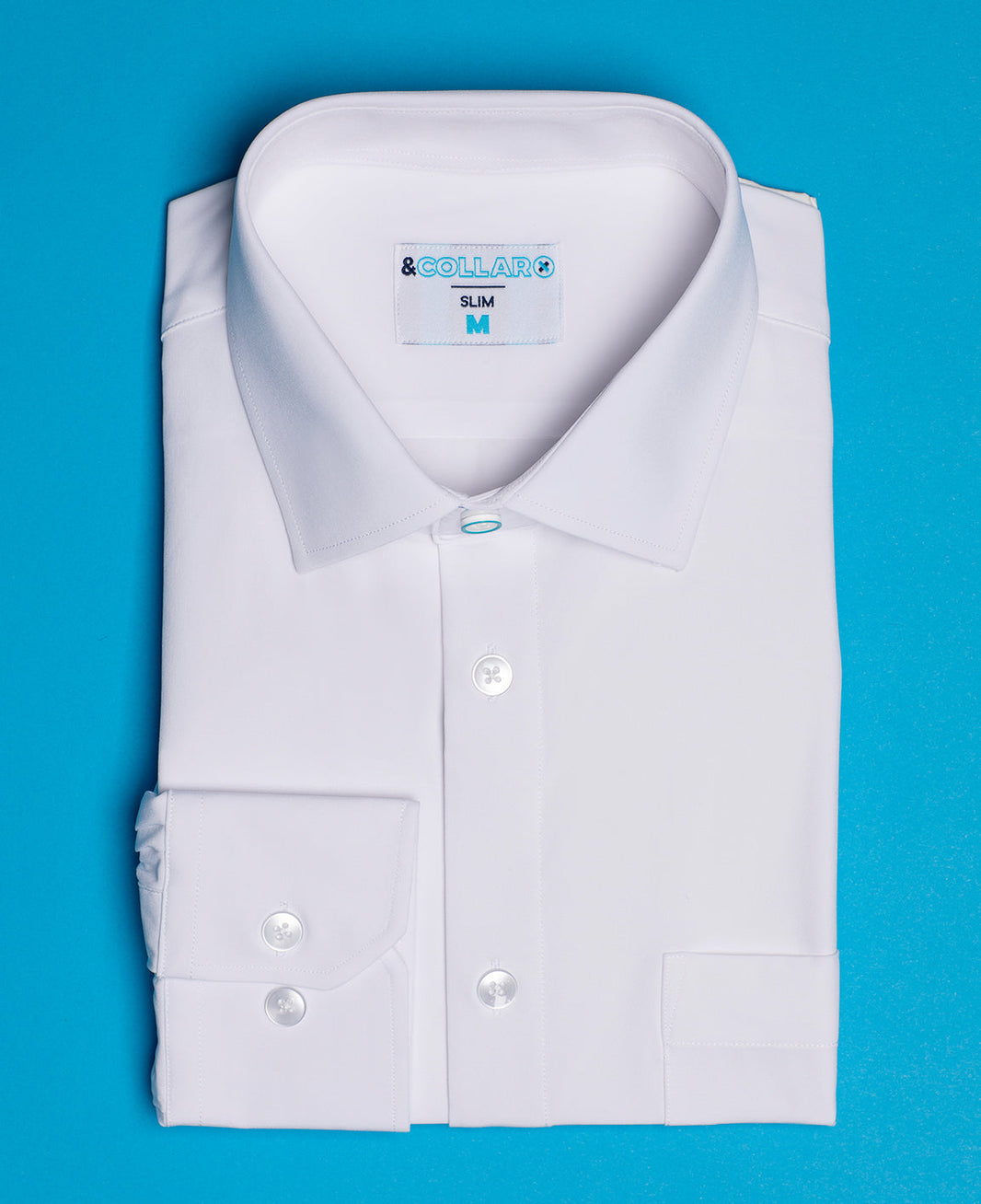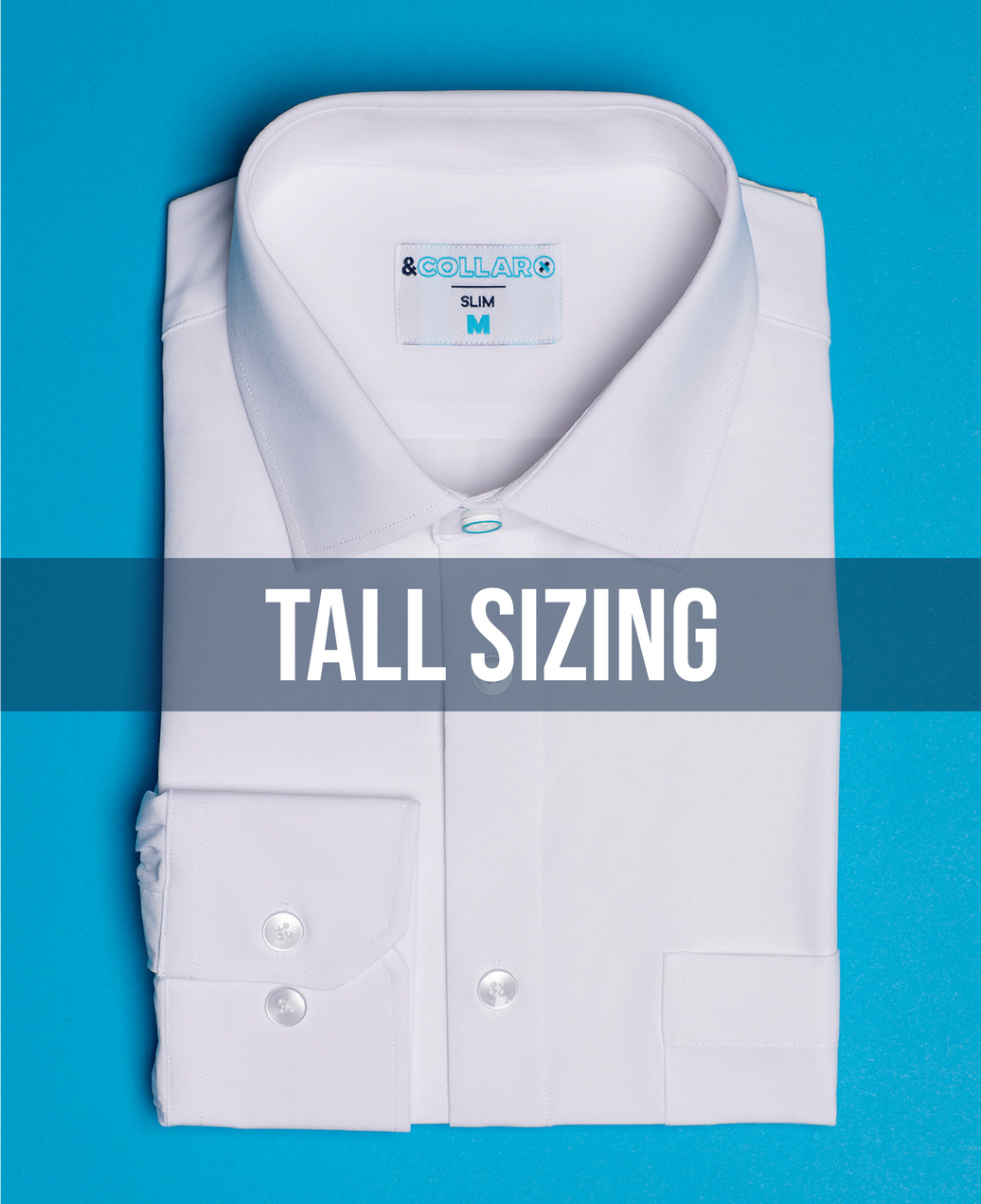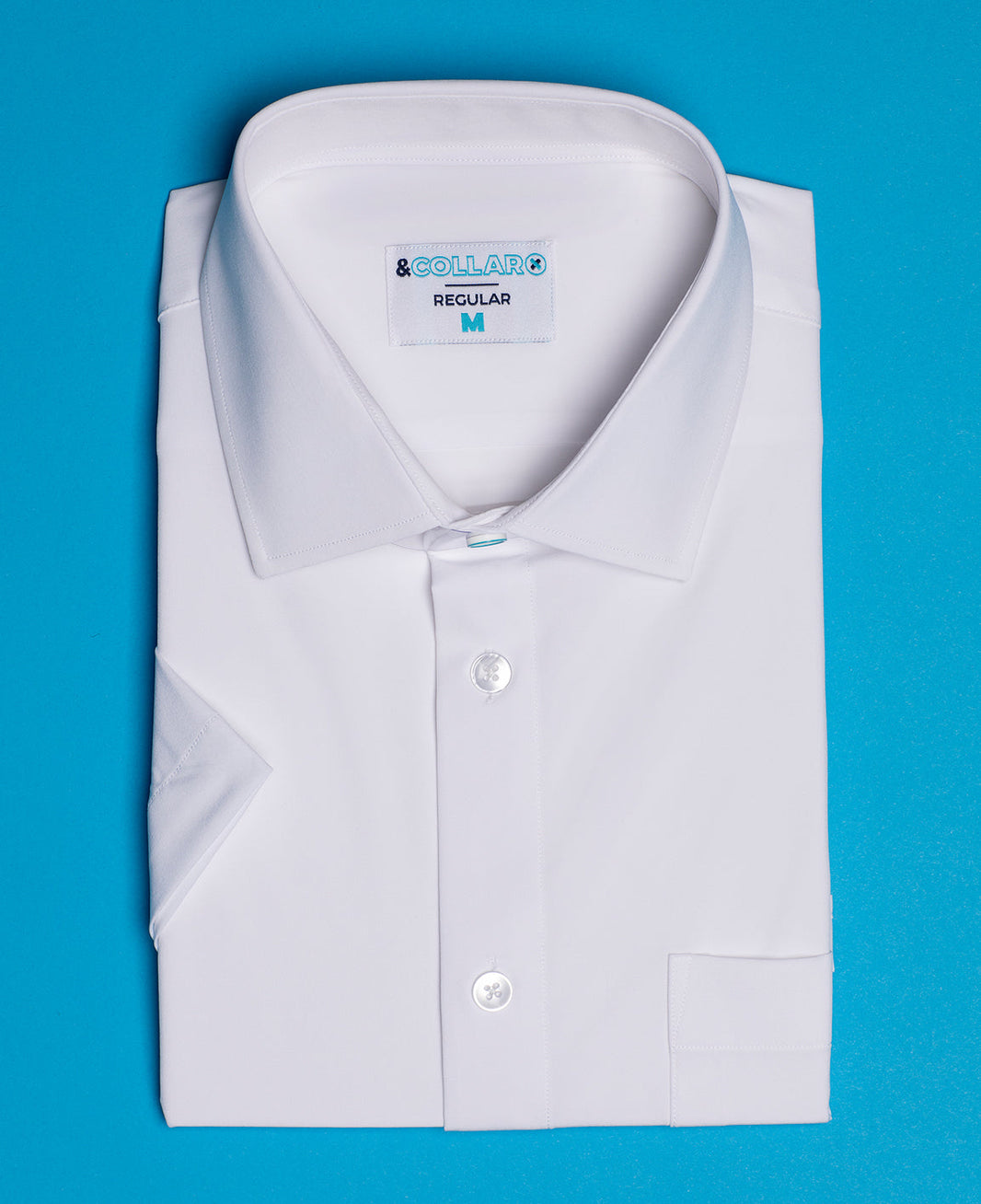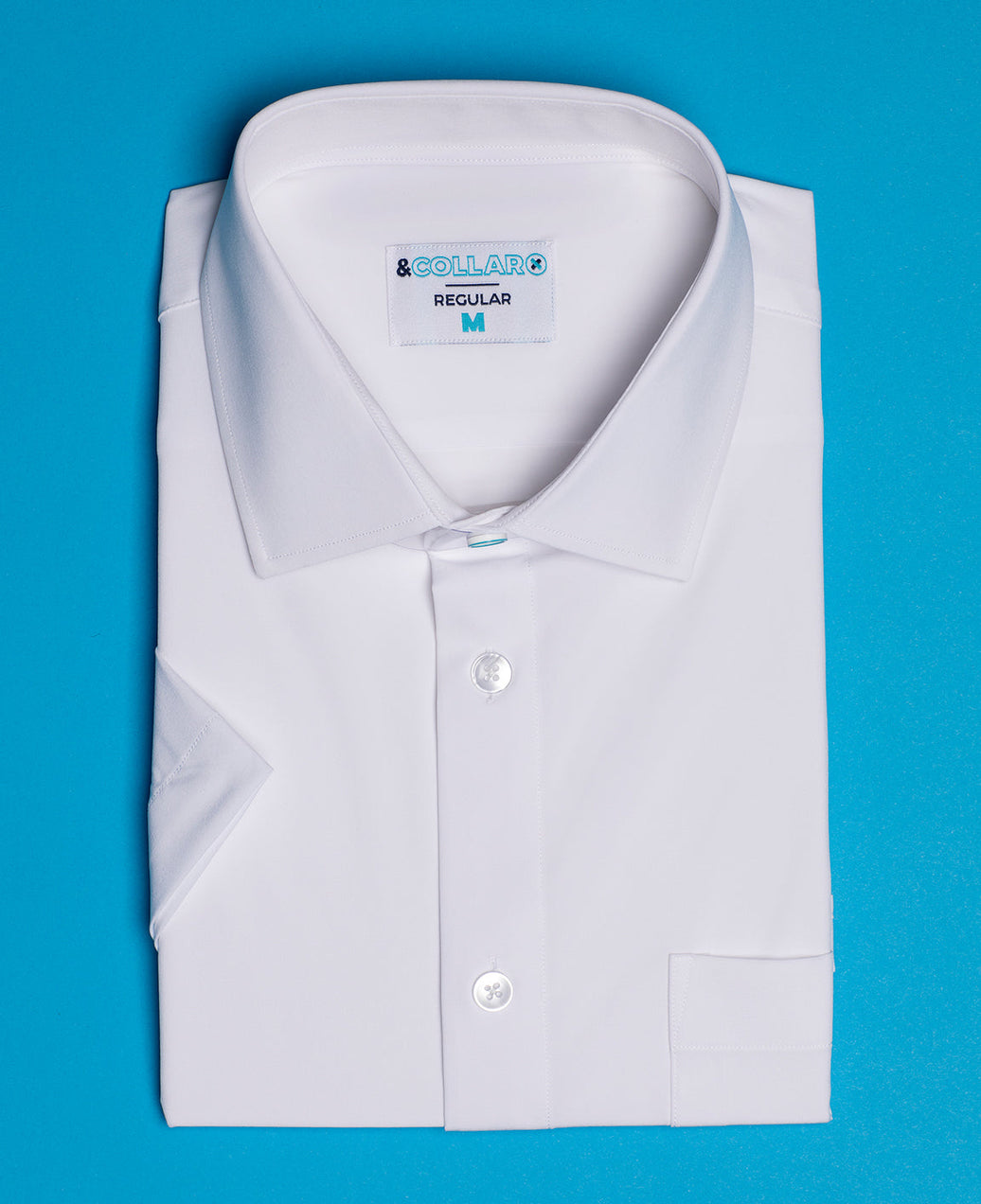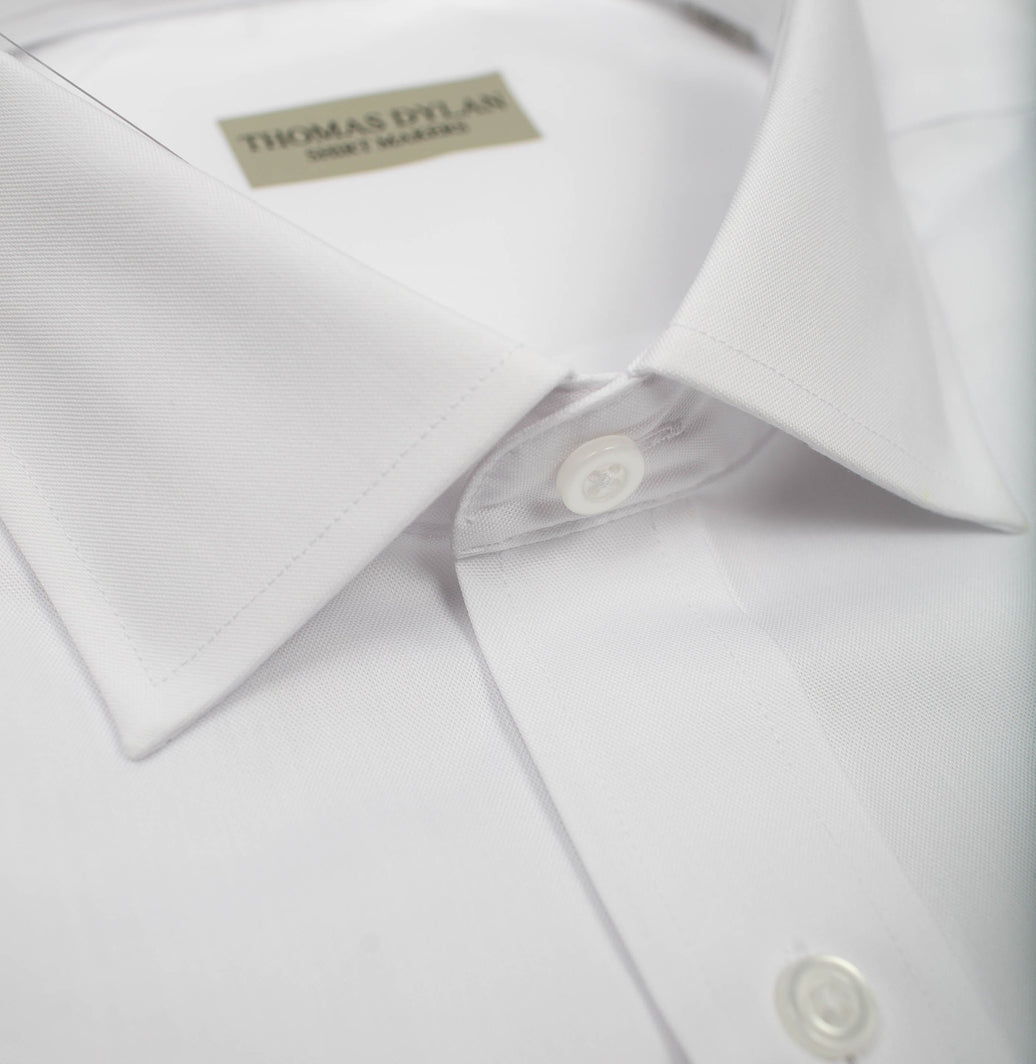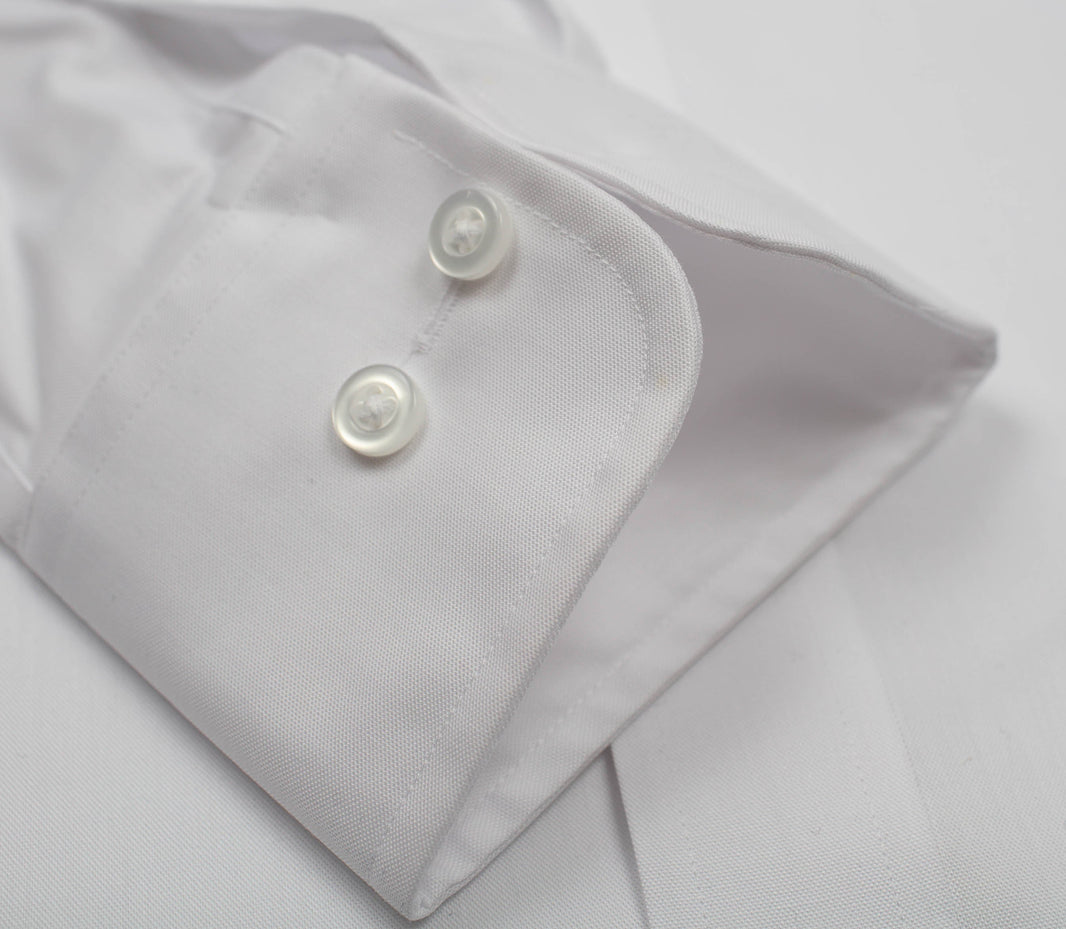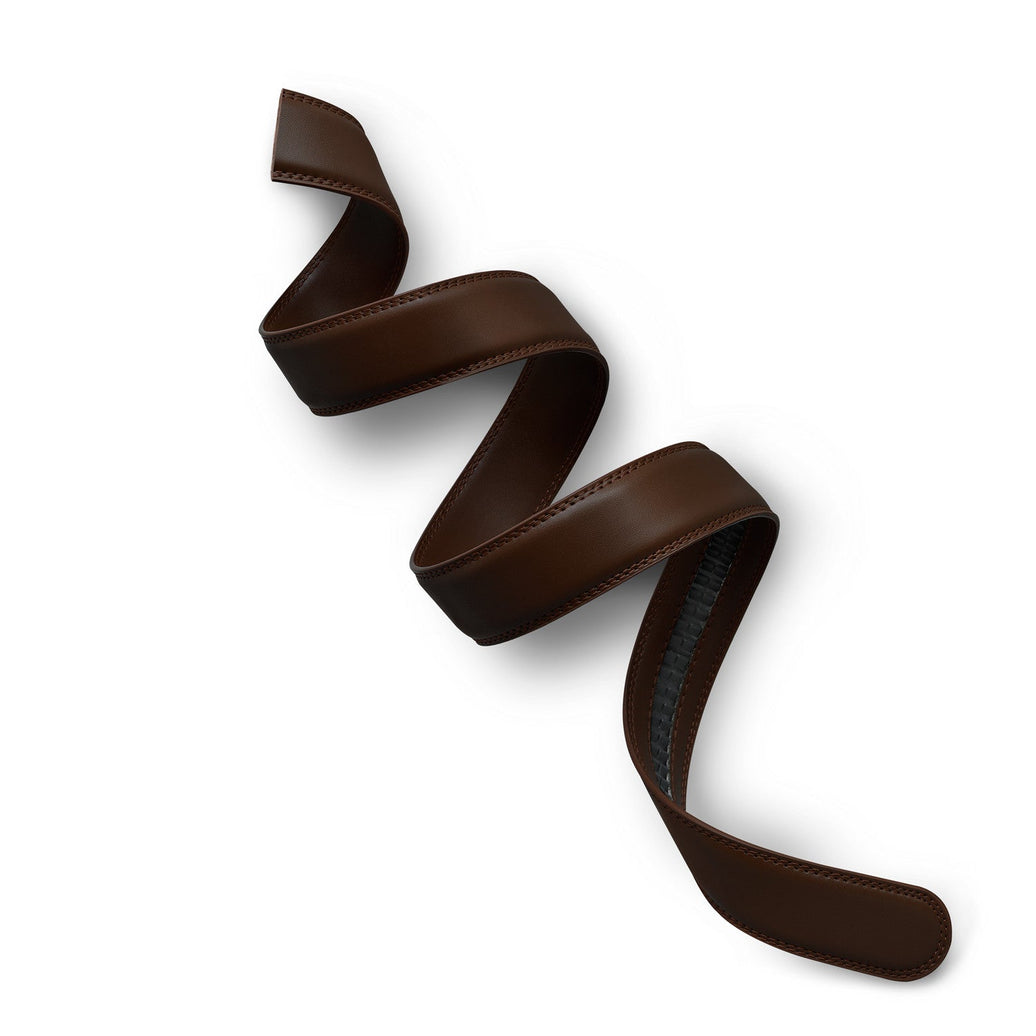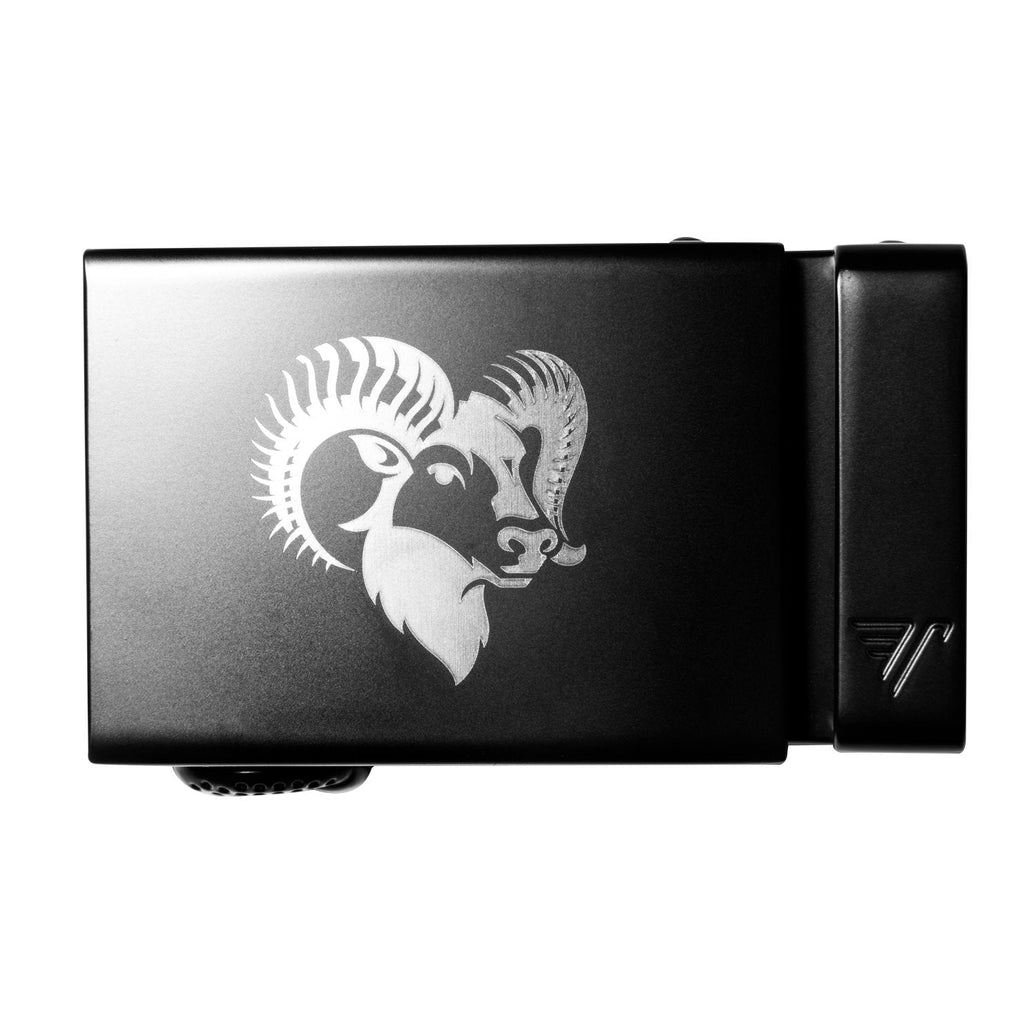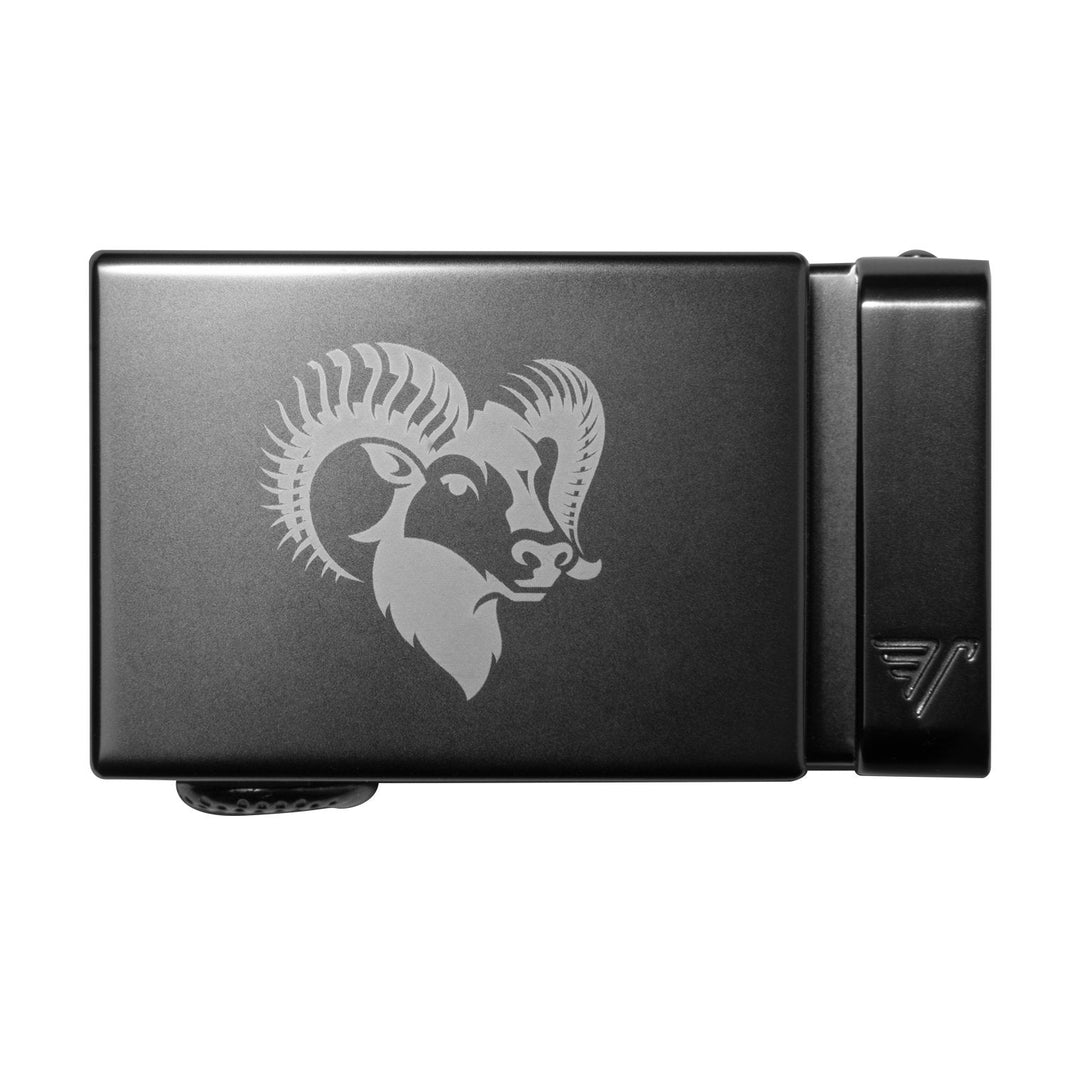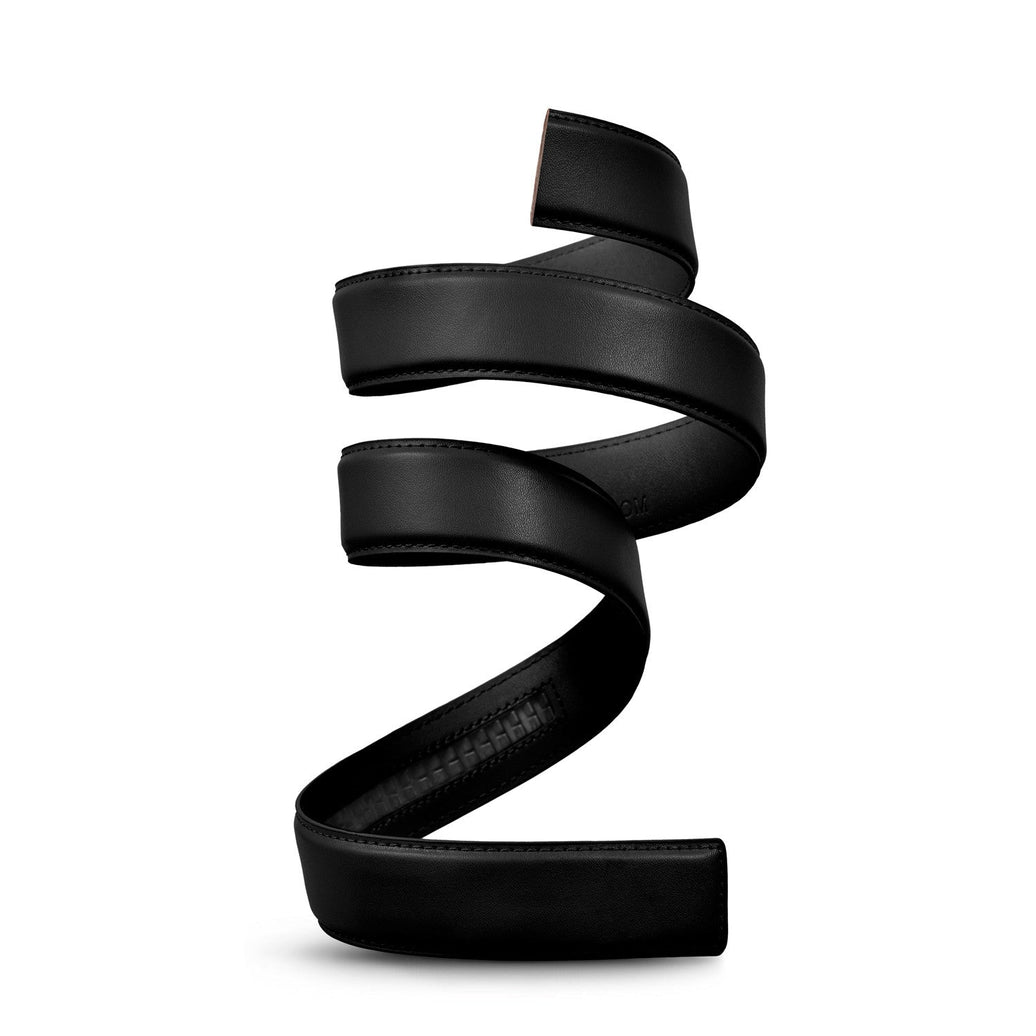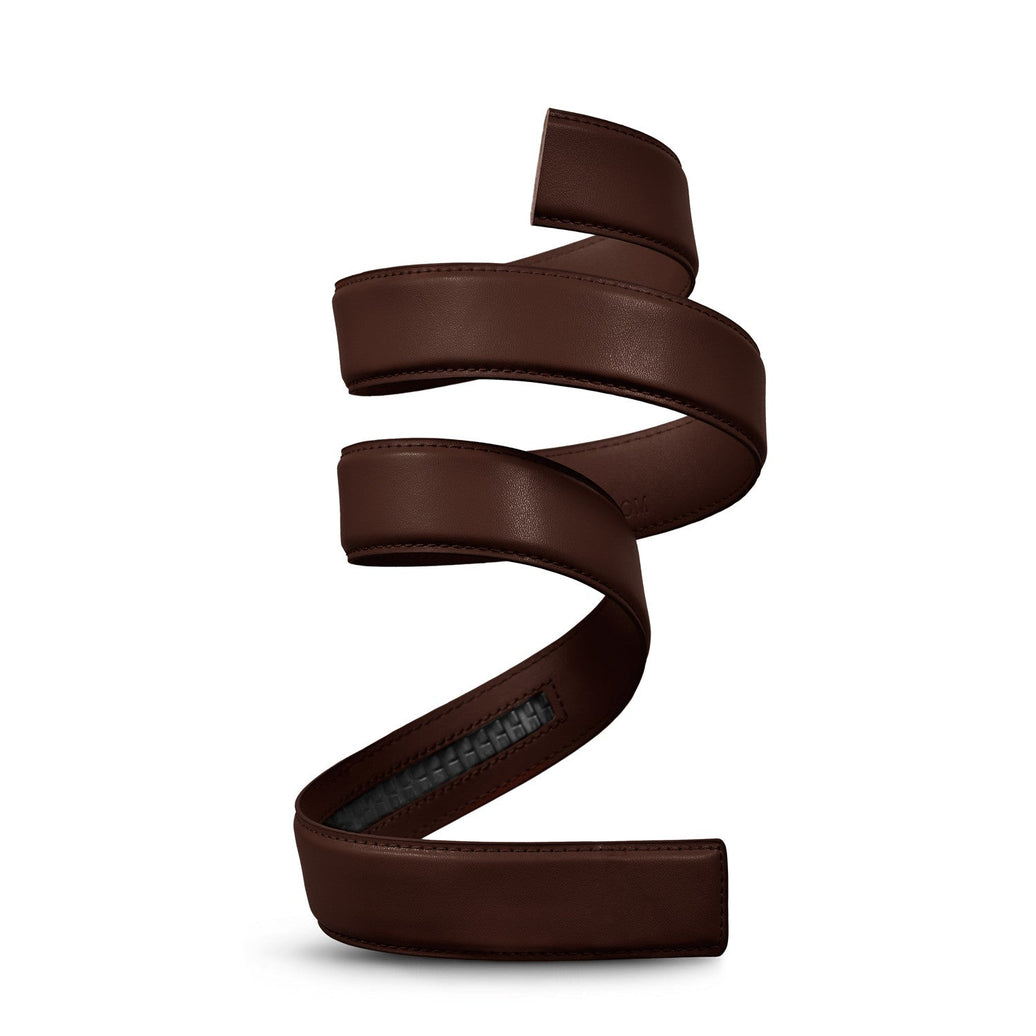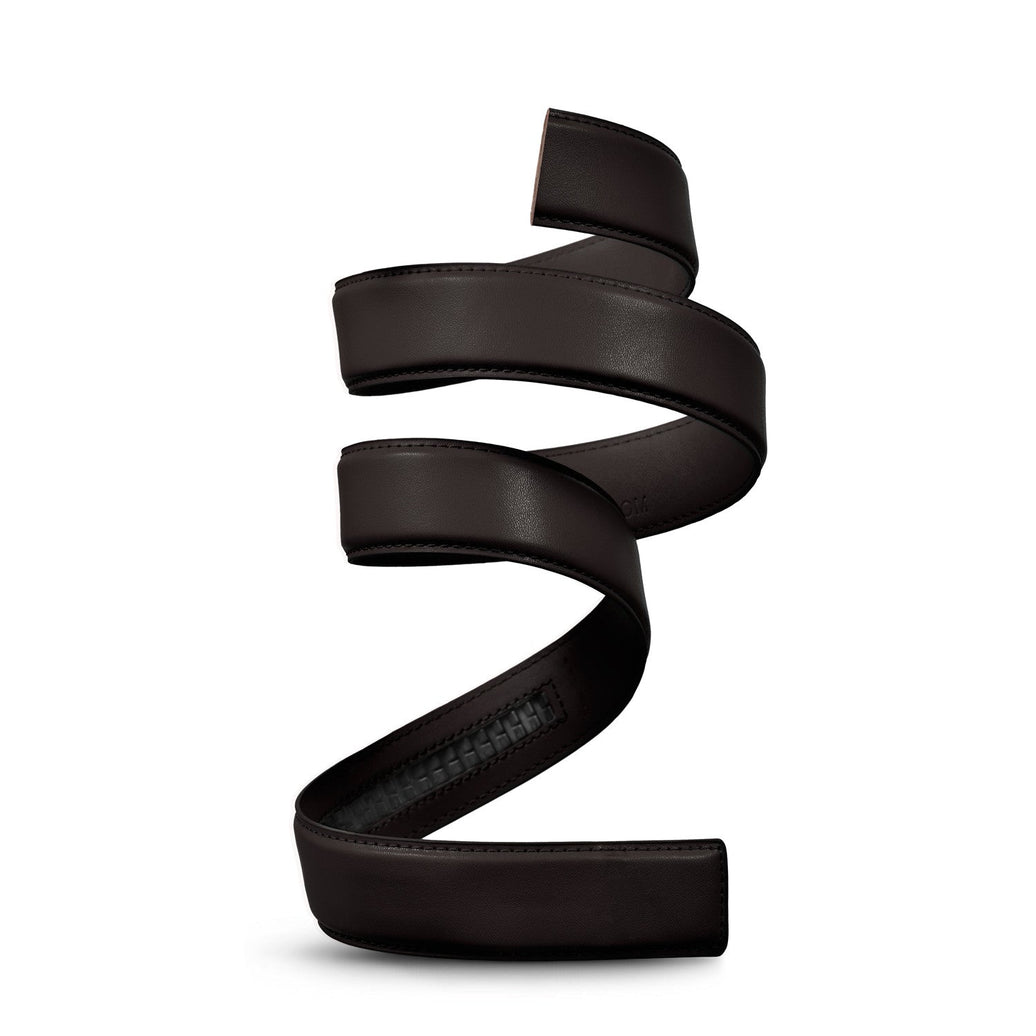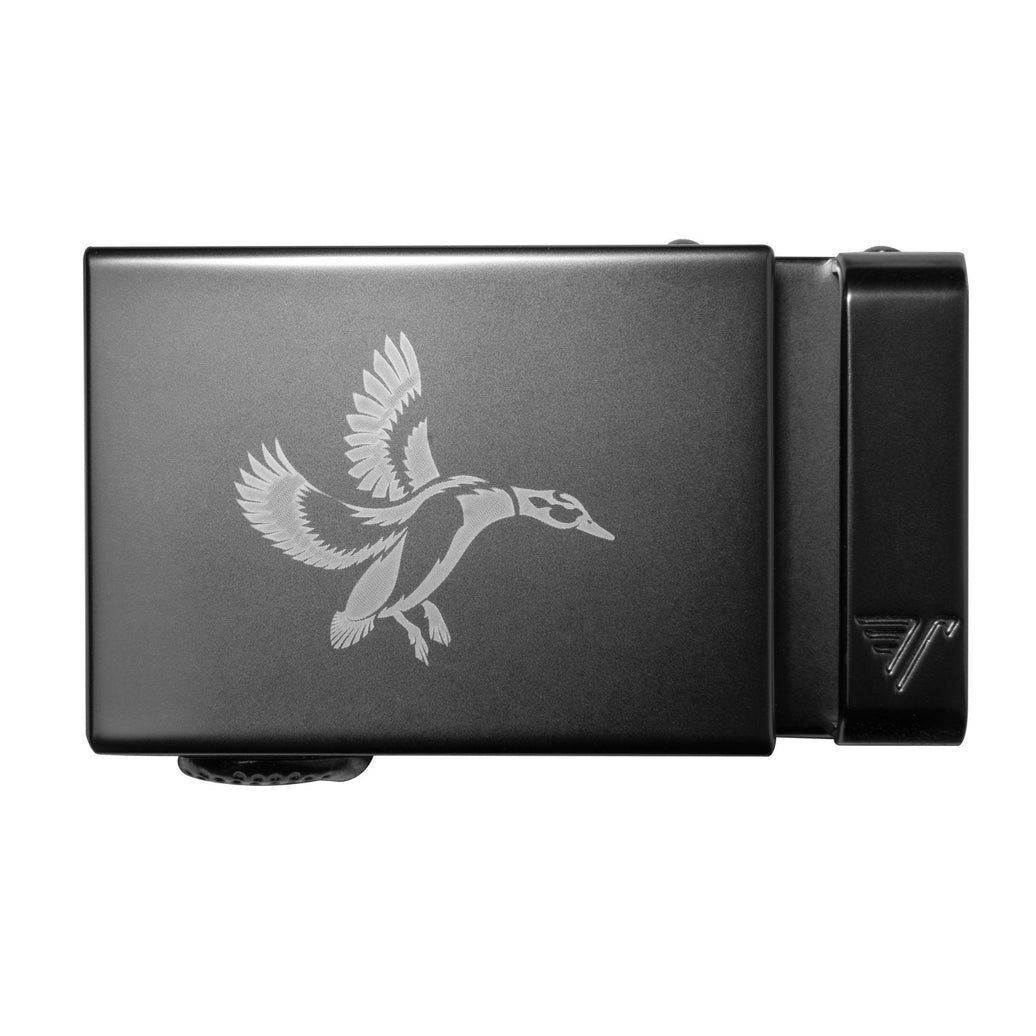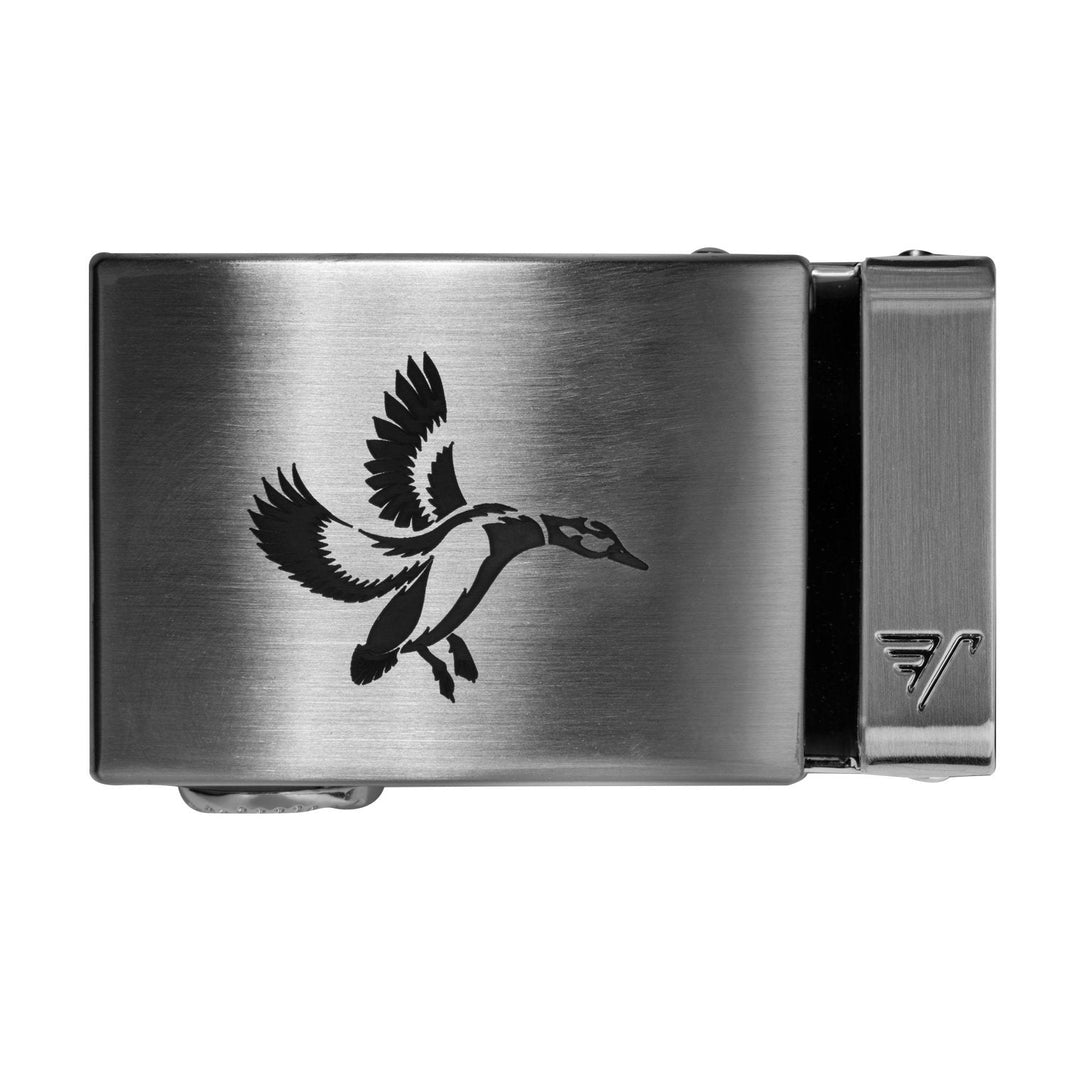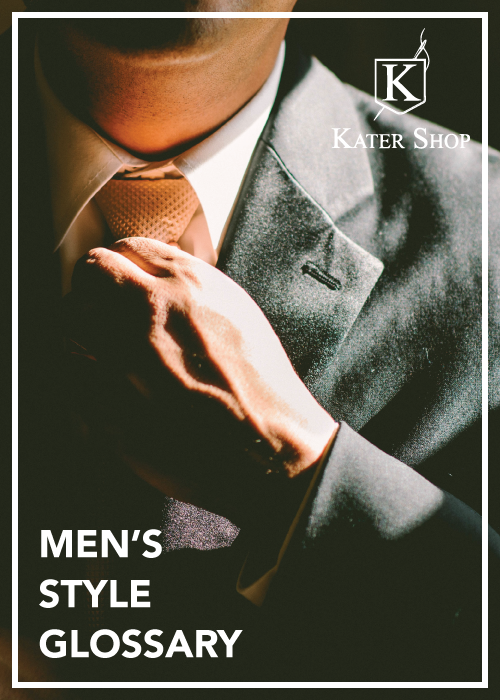Men’s Style Glossary
A
Acid wash: a process in which a denim garment is treated with bleach solution containing chlorine-soaked stones so that the colour becomes faded and streaked.
Anorak: a waterproof jacket, typically with a hood, with drawstrings at the waistline and cuffs.
Aviators: originally developed for military pilots (hence the name), Aviators are a style of sunglasses with a thin, wire frame and large, teardrop-shaped lenses.
B
Bespoke: relating to clothing that is custom-made to order.
Black tie: a dress code of semi-formalwear worn at evening events and social functions starting after 6pm. The black tie dress code is less strictly regulated than the more formal white tie dress code, but the traditional components for men are generally:
- A dinner suit (with silk jacket lapels and trouser braids)
- A white dress shirt
- An evening waistcoat or cummerbund
- A black bow tie
- Black dress shoes
Boat shoes: typically constructed with a leather or canvas upper and non-marking rubber soles designed for grip on a wet boat deck. Other defining features include lace-up fastenings and laces threaded around the back of the shoe. Also known as deck shoes.
Bomber jacket: a short, zip-front jacket traditionally made of leather with an elasticated waistband and cuffs.
Boot cut: referring to jeans or trousers that are flared very slightly below the knee, so as to be worn comfortably over boots.
Brogue: a hardy, leather shoe characterised by the decorative punching (or ‘brogueing’) on the toe cap and upper.
Button-down collar: where the shirt's collar points are fastened down with small non-decorative buttons at the front of the shirt.
C
Cable knit: referring to a garment or accessory knitted using cable stitch, where raised ‘cables’ are twisted around one another.
Chelsea boot: a short, tight fitting boot identifiable by an elasticated panel at the side of the boot.
Chesterfield: a single- or double-breasted knee-length overcoat that generally features a velvet collar.
Chino: casual trousers made out of cotton or a cotton-blend fabric.
Chukka boot: an ankle-length boot with leather or rubber soles and two or three pairs of eyelets for lacing. Traditionally made from suede or calfskin, smarter versions feature leather or crocodile skin uppers.
Corduroy: a thick, velvety fabric composed of twisted cotton fibres that, when woven, lie parallel to each other.
Cravat: a short, wide strip of fabric worn round the neck and tucked inside an open-necked shirt.
Crew neck: a close-fitting, rounded neckline with no collar found on a sweater or T-shirt.
Cufflink: typically a pair of linked studs or a single plate connected to a short swivelling rod, passed through a hole in each side of a shirt cuff to fasten it together.
Cummerbund: a broad, pleated waistband worn with single-breasted dinner jackets.
D
Desert boot: a specific style of chukka boot with crepe rubber soles and usually with suede uppers.
Double-breasted: a style of jacket with a substantial overlap of material at the front that shows two parallel rows of buttons when fastened.
Drop crotch: an exaggerated trouser or jean silhouette where the inseam ends at a lower point of the leg to create an excess of material around the crotch.
Duffle coat: a hooded coat made from a coarse, thick woollen material called duffle. The duffle coat’s defining feature is its toggle fastenings, generally made from wood or horn.
E
Espadrille: casual, canvas or cotton fabric shoes with a flexible sole made of jute rope.
F
Fair Isle knit: a traditional knitting technique used to create patterns with multiple colours. It is named after Fair Isle, a tiny island in the north of Scotland that forms part of the Shetland islands.
Flat cap: a rounded cap with a small stiff brim at the front.
Four-in-hand knot: a simple method of tying a tie. Also known as a simple knot or schoolboy knot.

G
Gingham: a lightweight, plain-weave cotton fabric featuring small-scale checks.
H
Haute couture: fashion that is constructed by hand from start to finish by leading fashion houses.
Hawaiian shirt: a casual collared shirt with short sleeves featuring colourful floral prints.
Herringbone: a chevron pattern often found in a wool twill fabric. Tweed cloth is usually woven with a herringbone pattern.
Hipster: someone who follows the latest trends and fashions, especially those regarded as being outside of the cultural mainstream.
Houndstooth: a distinctive broken checked pattern – often in black and white – resembling a dog's incisor. Also known as dogstooth.
L
Lace-up: footwear fastened with laces.
Lapel: the cloth immediately below the collar on each side of a coat or jacket which is folded back on either side of the front opening.
Linen: a textile made from the fibres of the flax plant. It is popular for summer suits and trousers due to its lightweight nature.
Loafer: a slip-on shoe shaped like a moccasin, but with a flat, wide heel.
Lounge suit: a suit consisting of a matching jacket and trousers that is worn during the day, especially in the workplace.
M
Mac: a waterproof raincoat made out of rubberised fabric. Also known as a mackintosh.
Monk strap shoe: a smart style of shoe with no lacing that is instead closed by a buckle and strap known as a monk strap.
Morning dress: a formal dress code for daytime consisting of a tailcoat, waistcoat, striped trousers and typically worn with a top hat.
O
Oxford shirt: a style of shirt defined strictly by the Oxford weave; a basket-weave pattern that combines two yarns woven lengthwise against a heavier yarn crosswise.
P
Paisley: a distinctive, intricate print featuring curved, feather-shaped designs based on an Indian pine cone pattern.
Panama hat: a wide-brimmed hat made from straw-like material.
Parka: a longer-length coat stuffed with down feathers or a made from a very warm synthetic fibre. Parkas often have a fur-lined hood.
Patch pocket: a pocket made from a separate piece of cloth sewn on to the outside of a garment.
Patent: leather that is finished to create a glossy, varnished surface.
Pin-dot: similar to a polka dot pattern but smaller.
Pinstripe: a very narrow stripe in cloth, especially used for formal suits.
Placket: the panel on which the buttons of a shirt sit.
Plaid: checked or tartan twilled cloth typically made of wool.
Plimsoll: a lightweight, rubber-soled canvas shoe.
Pocket square: a handkerchief-like square of cloth worn in the breast pocket of a suit or blazer.
Polo shirt: a casual, short-sleeved cotton shirt with a collar and several buttons at the neck.
Prêt-à-porter: clothes that can be bought ready-to-wear rather than made-to-measure.
Prince Albert knot: a variant of the four-in-hand knot. Also known as a double knot or cross Victoria knot.

Prince of Wales check: a woolen fabric with a woven twill design of intermingled small and large checks.
Puffer jacket: a fitted, quilted jacket filled with down or other material for warmth.
R
Raw edge: describes the unsewn edge of a piece of fabric. This technique produces a rolled, unstructured finish to a garment.
Round collar: a casual collar style featuring rounded points.
S
Seersucker: a lightweight fabric with a crimped or puckered surface. Seersucker is commonly striped or checked.
Shawl collar: a rounded, turned-down collar – without lapel notches – that extends down the front of a garment.
Shearling: wool or fleece taken from a shearling sheep.
Single-breasted: a style of jacket with a narrow overlap of material at the front that shows only one column of buttons when fastened.
Skinny fit: a jean or trouser that is fitted around the thigh and skinny on the ankle.
Snapback: the urban slang term for an adjustable, flat brim baseball cap.
Spread collar: a collar style where the spread, or distance, between the collar points is wider than usual.
Straight collar: the standard collar style, measuring 2 to 3 inches between the collar’s points.
Straight leg: jeans or trousers with a consistent leg width from top to bottom.
Suede: leather with the flesh side rubbed to make a velvety nap.
T
Tailoring: the style or cut of a garment.
Tie bar: a decorative, yet functional, clip used to fasten your tie to the placket of your shirt. A tie bar should sit between the third and fourth buttons of your shirt.
Tiepin: an ornamental pin for holding a tie in place.
Trench coat: a waterproof raincoat of a military style worn with a belt.
Trilby: a soft felt hat with a narrow brim and indented crown.
Tweed: a rough-surfaced woollen cloth, typically of mixed flecked colours, originally produced in Scotland.
U
Upper: the part of a boot or shoe above the sole.
V
Vent: a vent is a slit cut into the tail of a coat or jacket to allow the material to move more easily when being worn.
W
Welt pocket: an inset, flat pocket where the opening is reinforced by two thin strips.
White tie: this is the most formal dress code and is strictly regulated. The traditional components for men are:
- A black evening tailcoat or dress coat
- A starched wing collar shirt
- A white waistcoat
- A white bow tie
- Black court pumps or Oxfords
Windowpane check: taking its name from the window-like wide square plaid pattern, the windowpane check is formed by two perpendicular pinstripes.
Windsor knot: the Windsor knot is a symmetric and large tie knot that suits wide collar shirts.

Y
Yoke: the part of a shirt or top that fits over the shoulders and to which the main part of the garment is attached.
